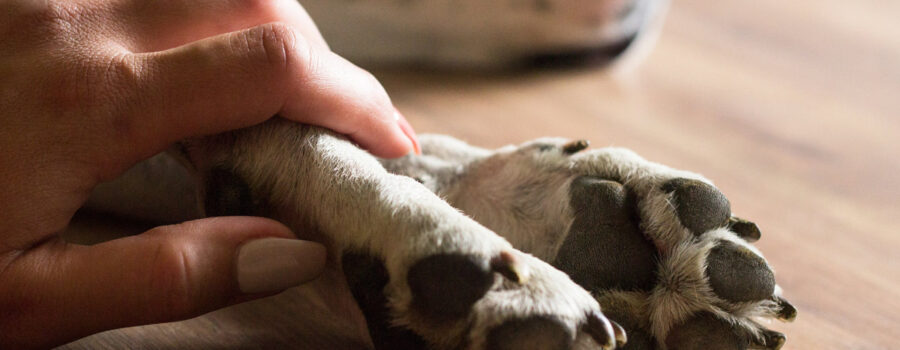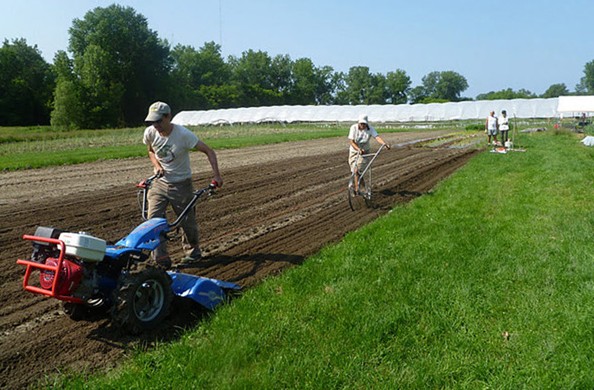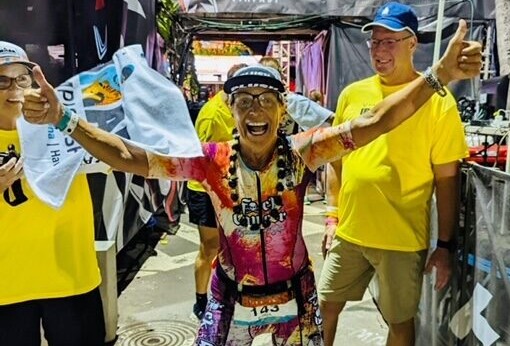By Sarah Tuff Dunn
Here’s a trivia-night question for you: What do little skates, stressed-out students’ workouts, and sunlit-surface waters all have in common?
OK, don’t hold your breath for a big prize, because the answer’s tougher than you think. These are all part of research conducted by the Vermont Genetics Network—whose job is tougher than you think, too.
“The Vermont Genetics Network is a federally funded program intended to stimulate infrastructure and research in the state of Vermont,” explains Christine Dornbierer, a UVM Master of Public Health Program graduate who currently serves as the manager for the program, based in the UVM Marsh Life Science Building in Burlington.
Working for the Vermont Genetics Network

Dornbierer’s day-to-day work for the Vermont Genetics Network ranges from creating and maintaining budgets to forecasting expenses and promoting the program within and outside of the state. She also monitors professional development plans for faculty and looks for new sources of funding while renewing the grant that keeps the Vermont Genetics Network ticking every five years.
It’s a buzz-worthy field, to be sure, but one that’s a far cry from the buzz-worthy work Dornbierer, a native Vermonter, was doing for Starbucks in Seattle and large corporations in Chicago, with an undergraduate degree in business administration with a concentration in accounting. “I always saw myself amidst the hustle and bustle of a big city working in an office,” she says of her professional interest in finance and operations, and her time in Chicago and Seattle with her husband, and then kids.
But working with the Vermont Child Health Improvement Program (VCHIP) inspired her to delve deeper into the numbers she was noting. “It wasn’t until I joined UVM in the College of Medicine, where I was exposed to health care practices and providers,” says Dornbierer, “that I felt the need to understand more than just budgets and learn about processes in front of the spreadsheets.”
At the Vermont Genetics Network, those processes include some of the most groundbreaking projects undertaken in the US today. “Our faculty members conduct research in forests, farms, laboratories, and asbestos mines using human subjects and animals,” says Dornbierer. “So there’s no shortage of new information passing by my desk—most of which I don’t understand!”
Dornbierer confesses that she doesn’t use her degree for hands-on public health practices. “But as a member of a program that aims to boost biomedical research and techniques,” she says, “I feel as if I have a better understanding of the goals of the faculty and public initiatives that we support.”
Downtime for Dornbierer is minimal. “Work keeps me busy at work, and recreational activities keep me busy at home,” she says. Her kids play basketball and soccer and run cross-country, and the whole family goes skiing and boating together regularly, along with playing with their Jack Russell terrier, Jackson. Which means that genes, for Dornbierer, give way to mom genes.
The Vermont Genetics Network by the Numbers
$6.5 million grant for Phase 1
$17 million grant for Phase 2
$18.5 million grant for Phase 3 (current)
52% funds go to UVM
25,000 genes can be observed by researchers at the same time with the Affymetrix Microarray Platform
For more information, visit vgn.uvm.edu.
–Sarah Tuff Dunn is a freelance writer and editor living in Shelburne.





